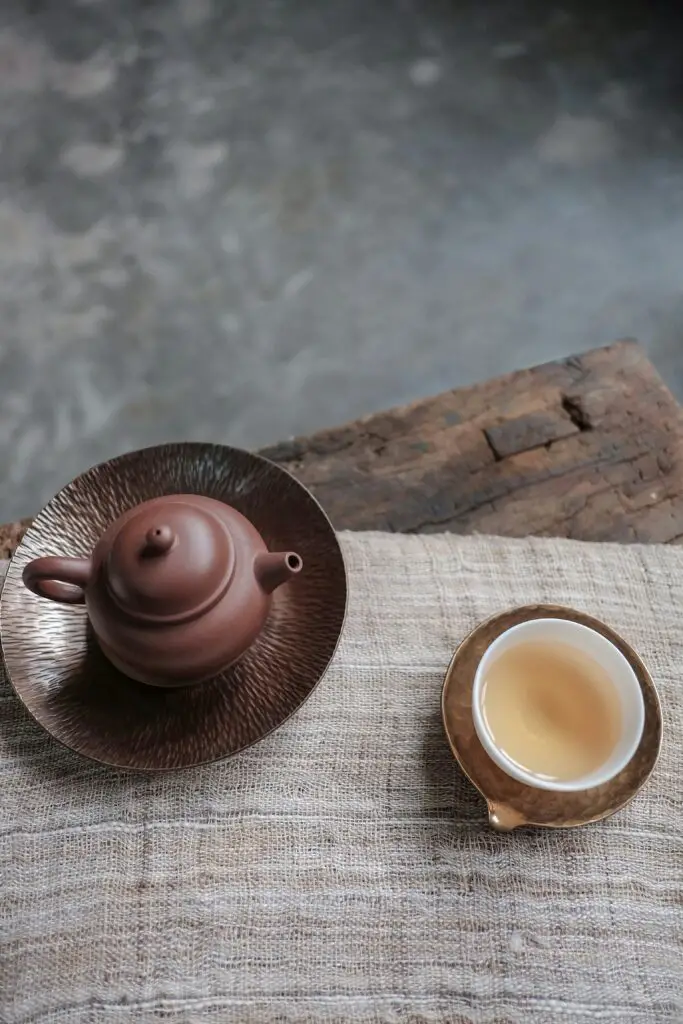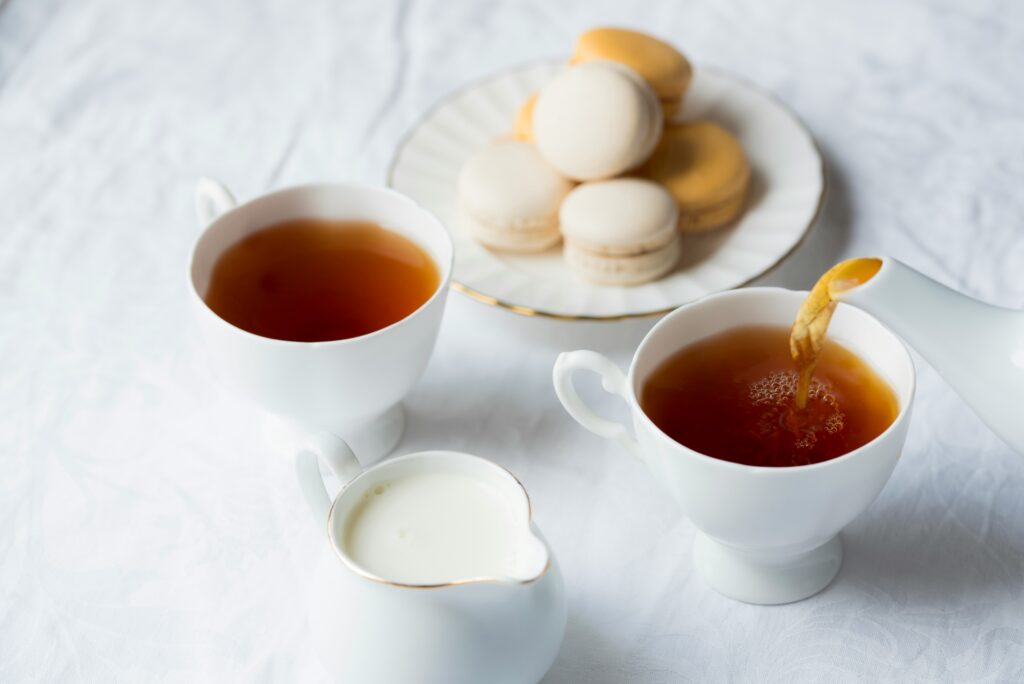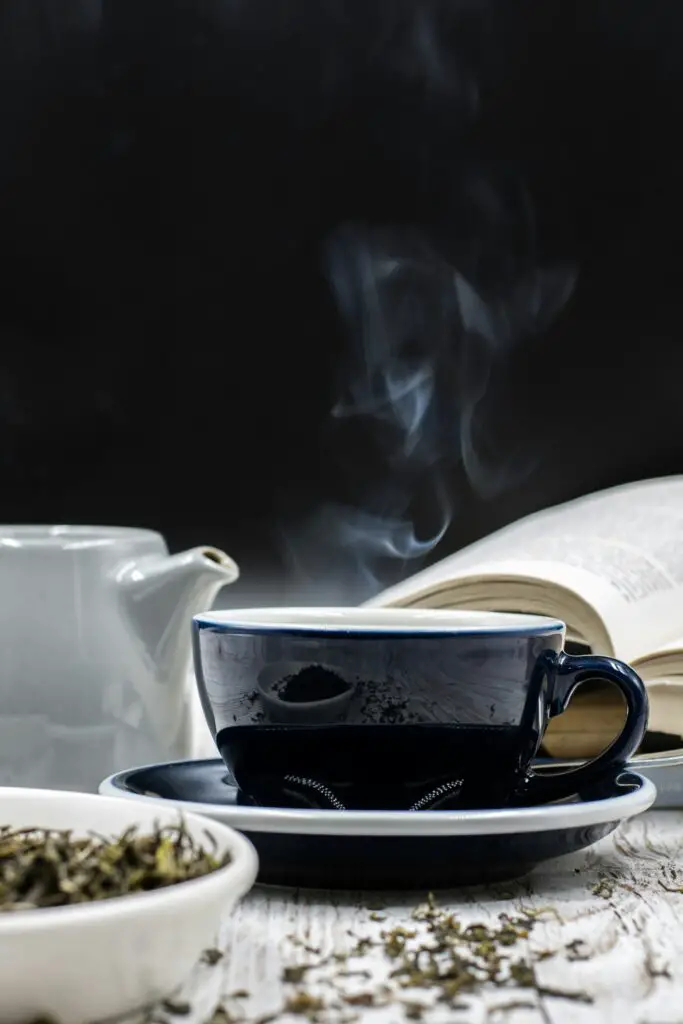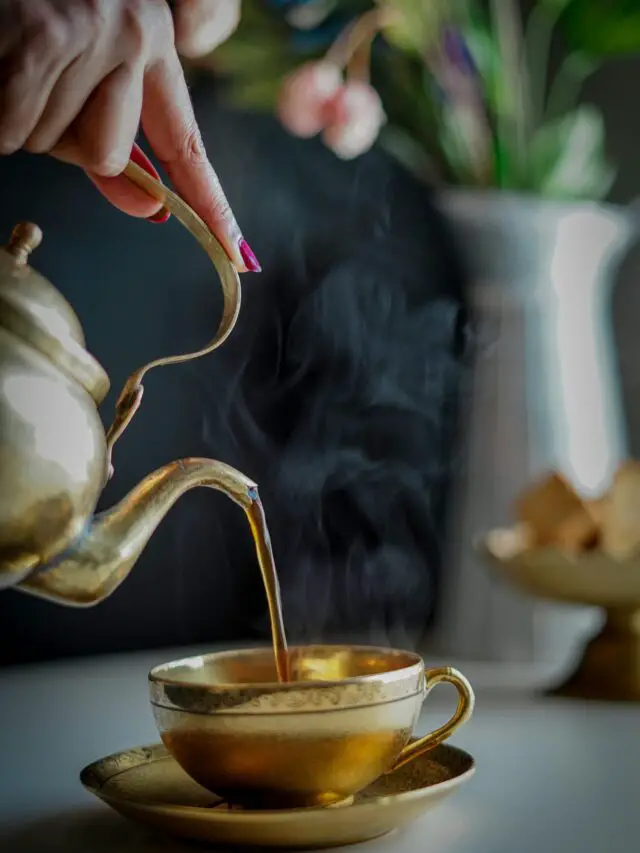In the serene world of tea, where tradition reigns supreme, a transatlantic tempest has erupted. Professor Michelle Francl, a US-based scientist, has proposed a seemingly sacrilegious addition to the quintessential British cuppa—salt. As the aroma of Earl Grey clashes with the pungency of sodium chloride, diplomatic tensions rise. This blog post unravels the intriguing tale of tea, salt, and a clash of cultures.

Tea in the UK:
Tea is not just a beverage in the United Kingdom; it is a cultural cornerstone, an elixir of comfort consumed at a staggering rate of 100 million cups daily. The Brits, known for their unwavering tea traditions, are now faced with an unexpected twist.
Salt in the Teacup:
Enter Professor Michelle Francl, whose research suggests that the bitter notes in tea can be neutralized by a pinch of salt. A concept rooted in eighth-century Chinese manuscripts takes a chemist’s form as salt acts as a blocker to bitter taste receptors.

Historical Controversies:
Tea has a history of controversy, symbolized by the Boston Tea Party in 1773. Fast forward to the present, and the addition of salt to the tea cup has sparked a diplomatic intervention from the US Embassy, injecting a new layer of complexity.

Chemical Perspectives:
Understanding the chemistry behind this unconventional addition reveals the intricate interplay between salt and bitterness. Professor Francl’s research challenges the traditional notion of brewing, bringing a scientific lens to the debate.
Prof Francl’s Tea Tips:
In the pursuit of a perfect cup, Professor Francl advises experimenting with loose leaves, constant stirring, and the addition of lemon juice to enhance the flavor. Her insights add a dash of scientific rigor to the art of tea-making.

Microwave Melodrama:
While the US Embassy swears by microwaving tea, a practice deemed sacrilegious by many Brits, Professor Francl disapproves, citing its adverse effects on taste and the formation of an unsightly scum.
Future of Tea Relations:
As the debate simmers, the clash between British tradition and American innovation continues. The kettle loyalists in the UK Cabinet Office stand firm against the microwave proponents at the US Embassy.

Conclusion:
In the age-old battle between tradition and innovation, salt has emerged as an unexpected contender. The salt in tea controversy not only challenges taste buds but also tests the boundaries of cultural norms. Whether tea aficionados embrace this twist or reject it, the teacup remains a canvas for experimentation, bridging the gap between chemistry, culture, and controversy.





